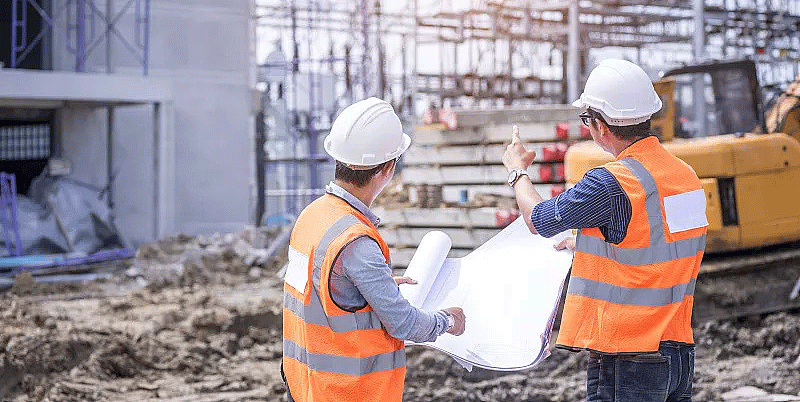Special requirements and specifications of safety shoes in different industries
In different industries, the special requirements and specifications of safety shoes can be different according to the nature of the industry and the characteristics of the operating environment. Here are an overview of the special requirements and specification requirements of some common industries:
Construction and construction site:
- Protection capacity: Safety shoes need to provide sufficient protection, including thorns tolerance, impact resistance and anti -slip, in order to cope with the dangers such as sharp objects, falls and unstable grounds on the construction site.
- Durability: Because the construction site is usually a high -intensity working environment, safety shoes need durability and resistance to ensure that it is used for a long time without failure.
- Anti -staticness: There may be static electricity risks in certain construction sites, so safety shoes need to have anti -static functions to reduce the risk of static discharge.
Industrial manufacturing and mechanical processing:
- Protection capacity: Industrial manufacturing and machinery processing industries usually involve dangerous substances such as machinery and equipment, sharp tools and chemicals. Safety shoes need to have sufficient protection capabilities, such as anti -piercing, anti -smashing, non -slip, and chemical resistance.
- Anti -slip: Due to the risk of sliding down in the process of industrial manufacturing and mechanical processing, safety shoes need to have good anti -slip characteristics to ensure that workers have stable foot grip on the ground of slippery or fat.
- Fire resistance: In certain industrial manufacturing and mechanical processing environments, safety shoes need to have fire resistance to reduce the risk of personal injury when the fire occurs.
Medical and Laboratory:
- Chemical resistance: Medical and laboratory areas may be exposed to various chemicals. Safe shoes need to have the characteristics of corrosion resistance and chemical resistance to protect the feet from harmful substances.
- Cleaning and disinfection: Medical and laboratory environment requires high hygiene and cleanliness. Therefore, safety shoes need to use materials that are easy to clean and disinfection, and meet the relevant sanitary standards.
- Anti -slip: In the medical and laboratory environment, non -slip characteristics are particularly important to prevent staff from slipping and falling on the slippery ground.
Mining and heavy industry:
- Abrasion resistance: There are usually harsh working conditions and rough grounds in mines and heavy industrial environments. Safe shoes need to have the characteristics of wear resistance and impact to deal with these extreme environments.
- Dust -proof: There may be a large amount of dust, particulate matter and chemicals in the mining and heavy industrial environment. Safe shoes need to have dust resistance to protect the infringement of dust and particulate matter.
- Comply with mining safety standards: In some countries, the mining industry has special safety standards and regulations. Safety shoes need to meet these specific standards.
Logistics and warehousing industry:
- Light and flexibility: In the logistics and warehousing environment, the pursuit of comfort and convenience is the key. Therefore, safety shoes usually require lightness, softness and flexibility to meet various sports and operation needs.
- Anti -fatigue: Long -term walking and handling may lead to foot fatigue. Therefore, some safety shoes have anti -fatigue, such as comfortable midsole and shock absorption.
Food Industry:
- Food safety and hygiene: In the field of food processing and service, safety shoes need to meet sanitary standards and food safety standards, such as non -slip, easy cleaning, oil -proof splash and other characteristics.
- Anti -static performance: Avoid static discharge on food quality, safety shoes in the food industry usually need to have anti -static performance.
For each industry, there may be many other special requirements and specifications. Therefore, in order to ensure the requirements of safe shoes meet the requirements of specific industries, it is best to refer to relevant industry standards, regulations and suggestions, and choose to meet the requirements of certified safety shoes











